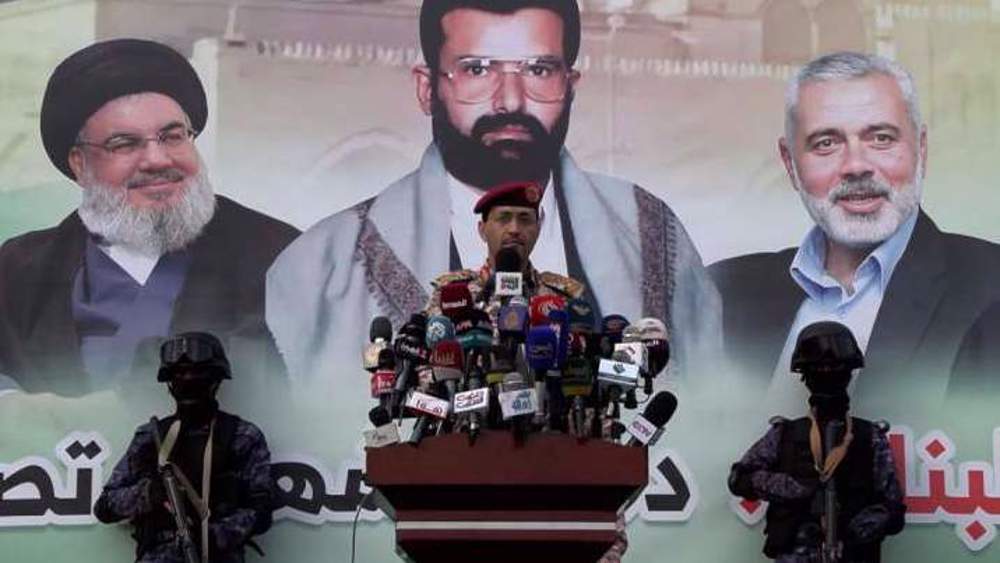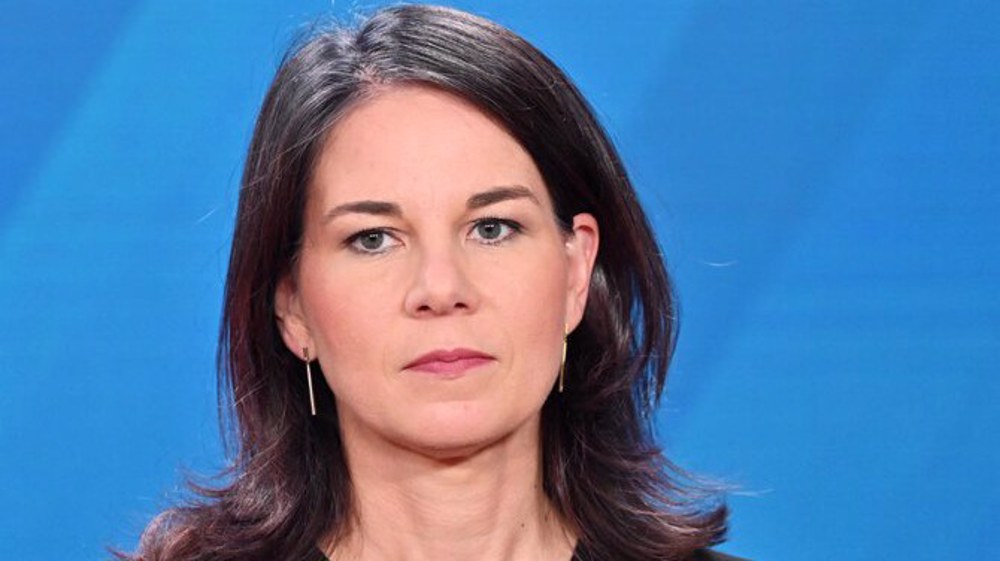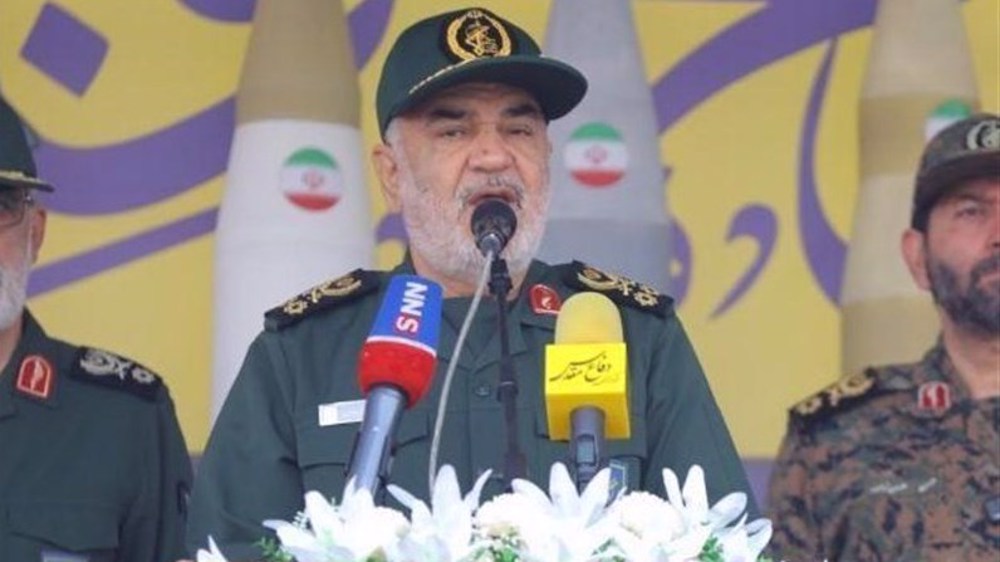Abbas urges UN resolution on settlements
Palestinian President Mahmoud Abbas says there is an "urgent" need for a UN resolution on Israeli settlements.
The Palestinians are already discussing a UN draft resolution condemning Israeli settlements in the occupied West Bank.
Abbas spoke ahead of a tour beginning Tuesday that will take him to Turkey, France, Russia, Germany and New York.
"The Security Council is a very important subject because it has now become urgent due to settlement activities and because Israel has not stopped these activities," Abbas said in an interview with AFP.
Settlement construction in the West Bank "is something that has seriously jeopardized the two-state project," he said.
The United States has repeatedly vetoed resolutions on Israel at the UN Security Council.
Israeli settlements are considered illegal under international law and are seen as major stumbling blocks to peace efforts since they are built on land the Palestinians see as part of their future state.
Some 210 Palestinians, including children and women, have lost their lives at the hands of Israeli forces since the beginning of last October.
Israel has waged several wars against the Palestinians in recent years, most recently in the Gaza Strip in 2014.
UN: 75,000 Gazans still displaced
The United Nations says some 75,000 Palestinians are still internally displaced in the Gaza Strip less than two years after the Israeli military’s 50-day war on the besieged enclave.
The United Nations Office for the Coordination of Humanitarian Affairs (UNOCHA) announced in a report released on Monday that nearly 500,000 Gazans, amounting to 28 percent of the population, were uprooted from their homes in Israel’s 2014 war.
The displaced had to take refuge in the schools set up by the local administration and UN aid workers as well as unofficial shelters and homes of host families, according to the report.
The report added that 23 percent of Gazans are still living in rubble of their destroyed homes, and nearly half of the displaced families (47 percent) do not have enough food to eat.
Additionally, three in four Gazans depend on trucked water because of inadequate clean water supplies from taps.
The UNOCHA further said more than 1,500 children were orphaned in the 2014 war, and that 551 children lost their lives and another 3,436 sustained injuries. A large number of the injured Gazan children are now coping with life-long disabilities.
The report went on to say that nearly one in six displaced children has been suffering from increased psycho-social distress since the 2014 war, but only six percent have received psycho-social support.

More than 30 percent of internally displaced women live in tents, makeshift shelters, destroyed houses and the open air, it added.
The UNOCHA estimated that some 70,000 units need to be constructed in the Gaza Strip to catch up on natural growth and the swelling effects of the 2014 war. The UN body expressed concern over Israeli regime’s restrictions on the import of cement into the blockaded Palestinian enclave.
In the summer of 2014, the Israeli regime launched its latest war on Gaza. More than 2,200 Palestinians were killed in the onslaught.
The deadly 50-day offensive against the Palestinian coastal sliver ended in late August 2014 with a truce that took effect after indirect negotiations between representatives from the Palestinian resistance movement Hamas and Israel in the Egyptian capital, Cairo.

The UN has decried the Israeli devastation and human suffering left behind by the offensives in Gaza as “unprecedented.”
The UK-based international charity organization Oxfam has warned that rebuilding the territory would take more than 100 years with an Israeli blockade in place.
Nearly two years later, Israel continues with its occasional acts of aggression against Gaza, which have taken more Palestinian lives.
Gaza has been blockaded since 2007, a situation that has caused a decline in the standard of living, unprecedented levels of unemployment, and unrelenting poverty.
Israel kills 5 more paramedics in southern Lebanon: Health ministry
Iran to launch ‘new, advanced’ centrifuges in response to IAEA resolution: AEOI
Yemen fires hypersonic missile at Israeli airbase
VIDEO | New Delhi chokes under toxic smog as air quality remains at hazardous levels
VIDEO | Press TV's news headlines
VIDEO | ICC's arrest warrant for Netanyahu to worry Western politicians: Former British diplomat
Iranians protest against Israel after Netanyahu ICC warrant
Germany undecided on complying with ICC arrest warrants for Israeli war criminals




















 This makes it easy to access the Press TV website
This makes it easy to access the Press TV website